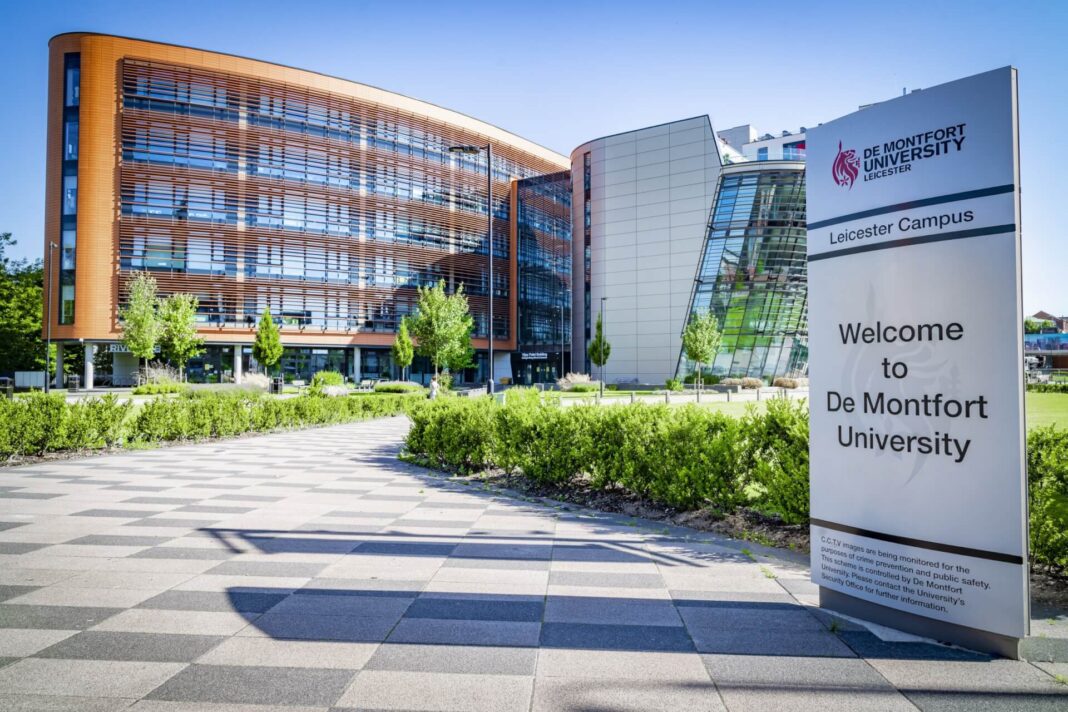Leicester’s business landscape has changed dramatically over the last decade, and in my 15 years leading teams here, few factors have shifted the local economy more than De Montfort University partnerships.
What many overlook is how these collaborations turn theory into practical results—not just in headline numbers, but in the everyday performance of businesses grappling with growth, talent gaps, and transformation. The reality is, DMU’s industry ties now set the pace for Leicester’s competitive edge.
University and Business Co-Innovation
Real university-business partnerships aren’t about endless workshops or pilot schemes that fizzle out. I’ve seen DMU initiate genuine co-innovation, where local firms get direct access to research, fresh talent, and problem-solving resources.
Back in 2018, one manufacturer I worked with was stuck on a process bottleneck. DMU students helped overhaul their workflow, increasing throughput by 8% in three months. These aren’t fluffy initiatives—they’re results you can see on the balance sheet.
Boosting Local Employment Prospects
Recruiting in Leicester hasn’t always been straightforward, especially in tech and digital roles. DMU’s partnerships with businesses mean that graduates arrive with practical experience and local context.
Through tailored placements, companies can trial emerging talent, and most see a 3-5% uptick in retention when hiring these graduates. I’ve had two junior staffers from DMU who hit the ground running, thanks to real rotation projects—not just classroom theory.
Driving Regional Skills Development
Over the years, I’ve watched DMU respond to shifting skills gaps with targeted industry programs. For example, during the supply chain disruptions of 2020, DMU rolled out logistics certifications that helped local firms upskill their teams overnight.
The 80/20 rule applies here: a focused, custom program delivers value fast and doesn’t bog down staff with irrelevant modules. What I’ve learned is that ongoing partnerships keep Leicester’s workforce sharp and adaptive.
Energising Local Start-Ups
The start-up game in Leicester is robust partly because DMU offers hands-on mentoring, affordable space, and access to early-stage funding. Here’s what nobody talks about: survival beyond year one.
I once advised a fintech founder who leaned on DMU support to pilot his product and connect with two major buyers, securing revenue that made the difference. The data tells us locally anchored accelerator programs outperform hands-off national schemes every time.
Attracting Investment to Leicester
One underappreciated impact of DMU’s partnerships is the way they raise Leicester’s profile with investors. During the last downturn, I saw how DMU’s role in city-mapping projects gave local firms credibility with outside capital.
Companies aligned with DMU-backed initiatives often gain access to grant pools and pitch events that smaller independents miss. From a practical standpoint, that drives jobs and builds economic resilience.
Conclusion
In my experience, De Montfort University partnerships aren’t just a headline—they drive actual, measurable change for Leicester’s economy.
The bottom line is: whether you’re scaling an existing business or launching something new, tapping into DMU’s network turns abstract strategy into real progress. The challenge isn’t whether to engage, but how soon you can start.
What is the main benefit of De Montfort University partnerships for Leicester businesses?
The biggest advantage is real-world expertise matched to the specific needs of Leicester firms, leading to faster innovation and better results.
How do DMU partnerships impact local employment?
DMU creates talent pipelines through placements and training, boosting both quality and retention for area employers.
Are these collaborations limited to large companies?
No, small and medium-sized enterprises benefit through access to research, startup programs, and tailored support alongside bigger corporations.
Does DMU offer support for tech start-ups?
Absolutely—DMU’s accelerator and mentoring schemes help tech founders prototype, pitch, and connect with local investors.
How have industry partnerships evolved over the years?
Years ago, it was occasional internships. Now it’s embedded projects, targeted certifications, and ongoing R&D with measurable outcomes.
How do DMU partnerships boost regional skills?
Skills programs focus on local demand, addressing key gaps in fields like logistics, digital, and advanced manufacturing.
Has any business failed using DMU’s resources?
I’ve seen cases where companies expected a silver bullet—success demands active engagement, not passive participation.
Why do investors look for DMU links?
DMU credibility signals operational excellence, making Leicester firms more attractive to grant-makers and external funders.
Are partnerships just about hiring graduates?
No—employers gain access to research, consultancy, knowledge exchange, and joint ventures, not only recruitment.
What’s the biggest lesson from past DMU collaborations?
Stay flexible and committed; static strategies lose momentum, while those who evolve with DMU reap lasting commercial benefits.

